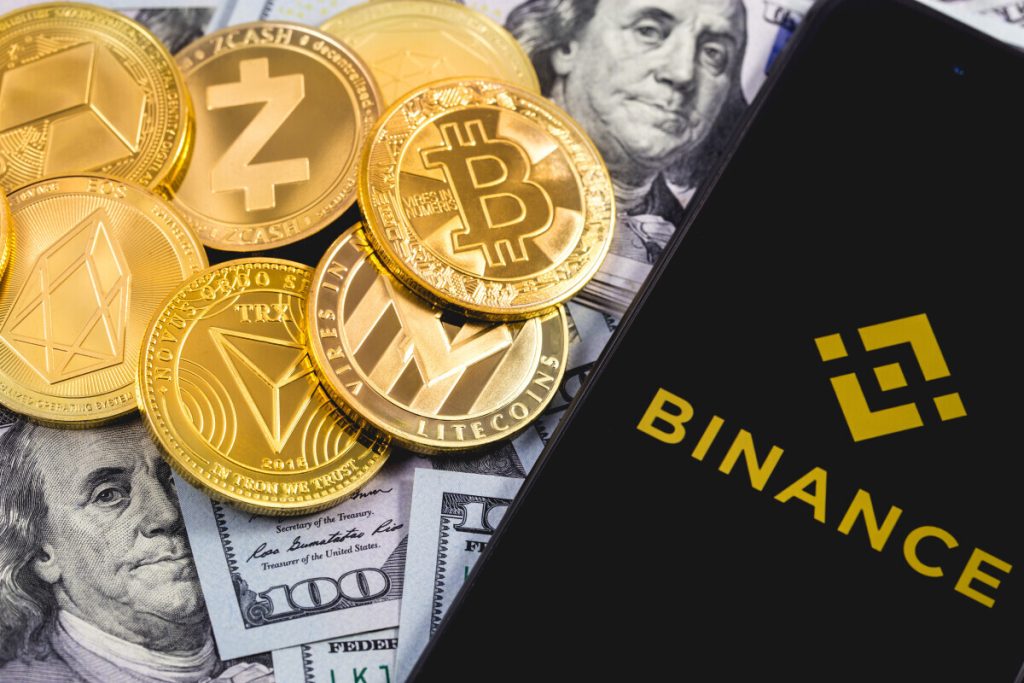Binance Faces Criticism Over Alleged Transactions with Blacklisted Russian Lenders

Binance is facing criticism for its alleged involvement in facilitating transfers to and from blacklisted Russian lenders.
According to a Tuesday report from The Wall Street Journal, the world’s largest cryptocurrency exchange offered its customers the option to use five sanctioned Russian lenders, including Rosbank and Tinkoff Bank, for processing payments in peer-to-peer transactions.
Binance Angels, self-motivated representatives of the exchange, allegedly informed users via Telegram that the exchange was not imposing trading limits on Russian clients.
However, a company spokesperson for Binance has denied any association with Russian banks or participation in the peer-to-peer program.
The spokesperson clarified that Binance adheres to global sanctions rules, and enforces sanctions on blacklisted individuals, organizations, entities, and countries, denying them access to the Binance platform.
“Binance follows the global sanctions rules and enforces sanctions on people, organizations, entities, and countries that have been blacklisted by the international community, denying such actors access to the Binance platform,” a spokesperson told The WSJ.
Peer-to-peer transactions involve the direct buying and selling of cryptocurrencies between individuals, bypassing the exchange’s pool of assets or market makers.
According to Russia’s central bank, Russians conducted approximately $428 million per month in peer-to-peer transactions between October and March.
Binance Faces Increasing Regulatory Hurdles
Binance’s alleged efforts to circumvent Western sanctions imposed on Russia add to the growing list of allegations against the exchange.
The exchange has been entangled in legal battles in the United States and other jurisdictions, with the Commodity and Futures Trading Commission (CFTC) and the Securities and Exchange Commission (SEC) both filing lawsuits against the exchange and its CEO, Changpeng Zhao.
Back in June, the SEC sued Binance and its CEO for their “blatant disregard of the federal securities laws,” unveiling 13 charges against the platform, including operating an unregistered exchange.
The agency accused Binance of breaking the law by offering unregistered securities to the general public, including its BNB token and BUSD stablecoin.
Other charges levied against Binance by the SEC included the company’s failure to register as a broker as well as its failure to register as an exchange.
Likewise, the CFTC lawsuit accuses Binance of deliberately aiding US customers in evading restrictions on crypto trading imposed by its American affiliate.
There have also been rumors about a potential indictment by the US Department of Justice against Zhao and Binance for possible violations of anti-money laundering laws.
In response to the ongoing investigation, several top Binance executives reportedly resigned.
General Counsel Hon Ng, chief strategy officer Patrick Hillmann, and SVP for Compliance Steven Christie, along with former IRS agent Matthew Price, have all left the company.
It is worth noting that despite the regulatory scrutiny, Binance Labs, the venture capital arm of the exchange, has remained an active investor in the crypto space.















